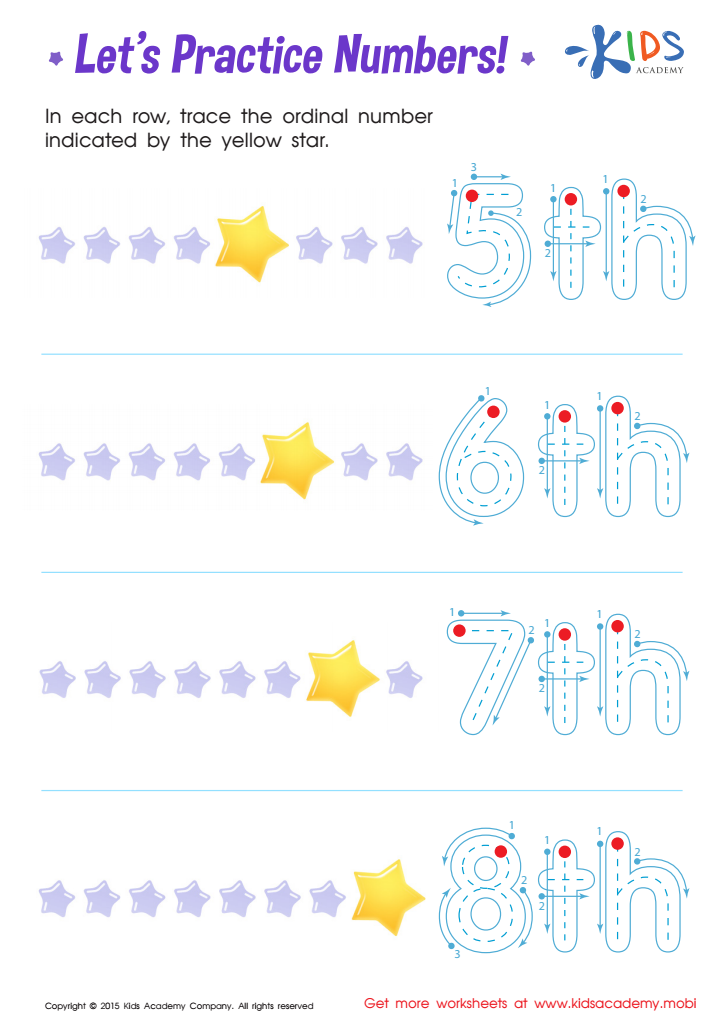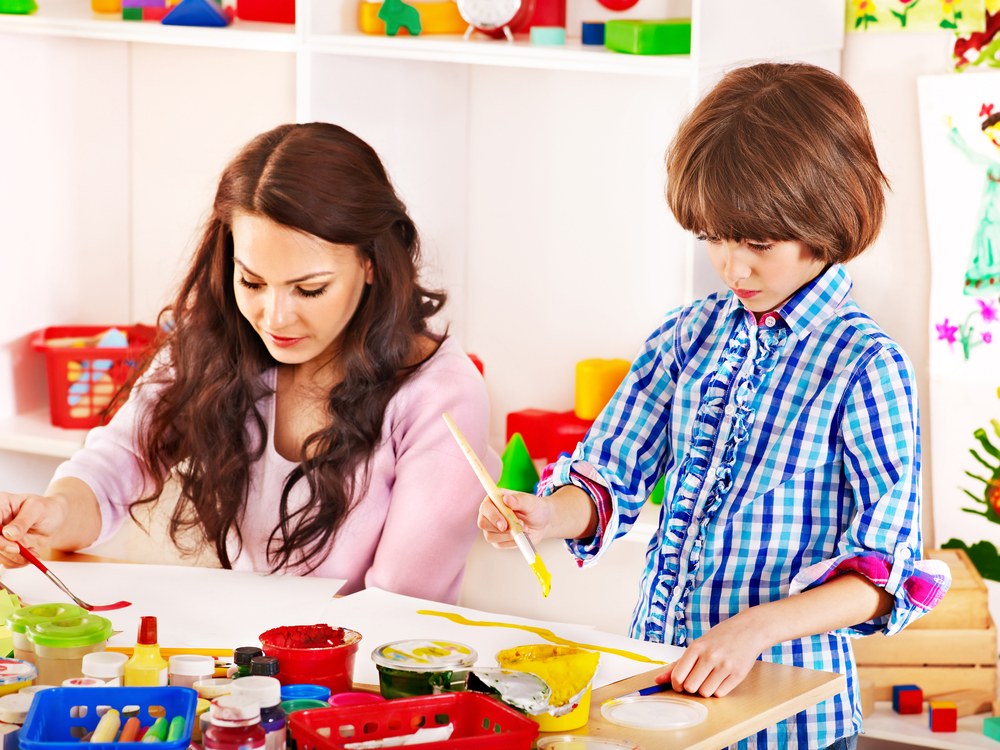Normal Tracing worksheets activities for Ages 4-7
98 filtered results
-
From - To
Welcome to our Normal Tracing Worksheets section, designed specifically for children ages 4-7! These engaging activities help young learners develop essential fine motor skills, hand-eye coordination, and pre-writing abilities. Our worksheets feature a variety of shapes, letters, and simple illustrations that are both fun and educational. These tracing exercises encourage creativity and confidence as children learn to control their writing instruments. Easily printable and perfect for classroom or home use, our Normal Tracing Worksheets provide a structured yet enjoyable way for kids to master their tracing skills while experiencing the joy of learning. Start tracing today for a brighter future!
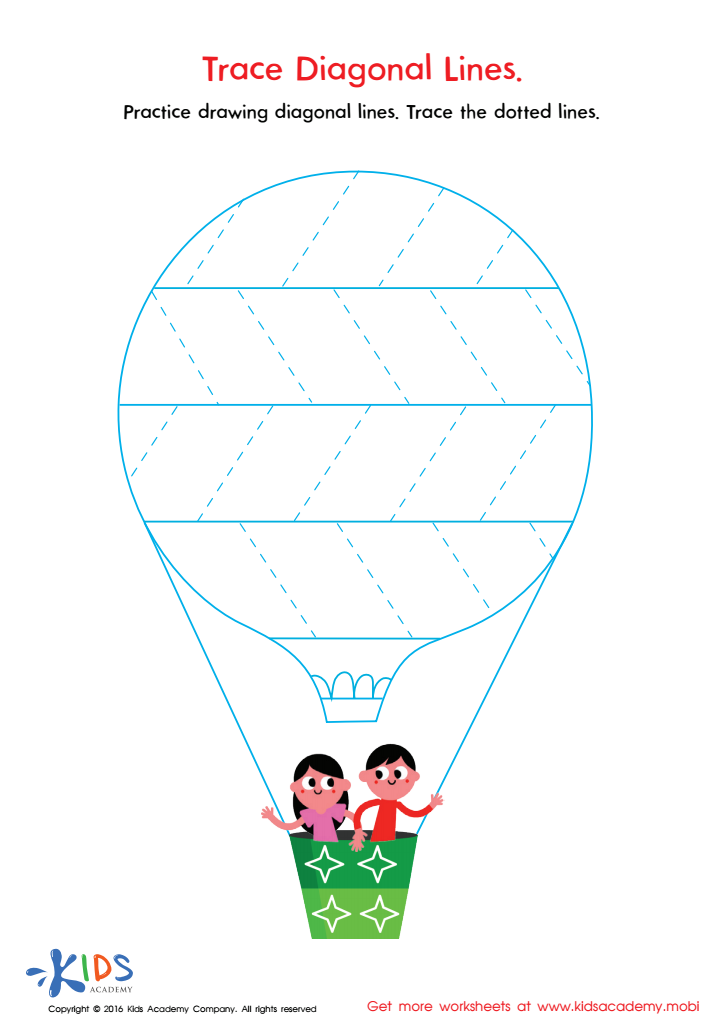

Trace Diagonal Lines Worksheet
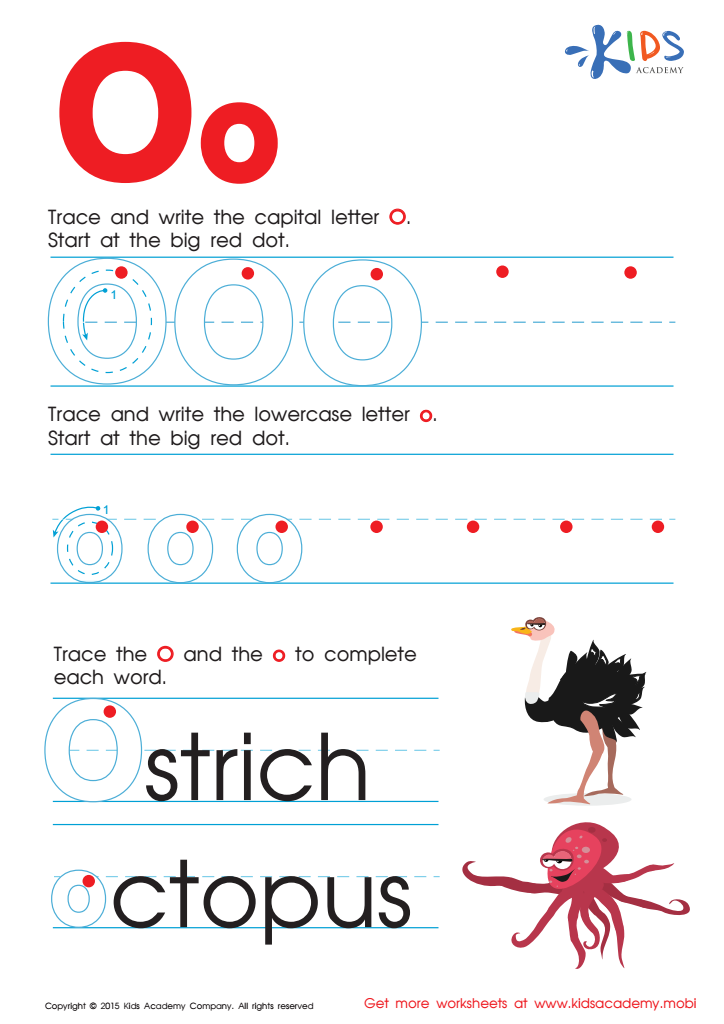

Letter O Tracing Page
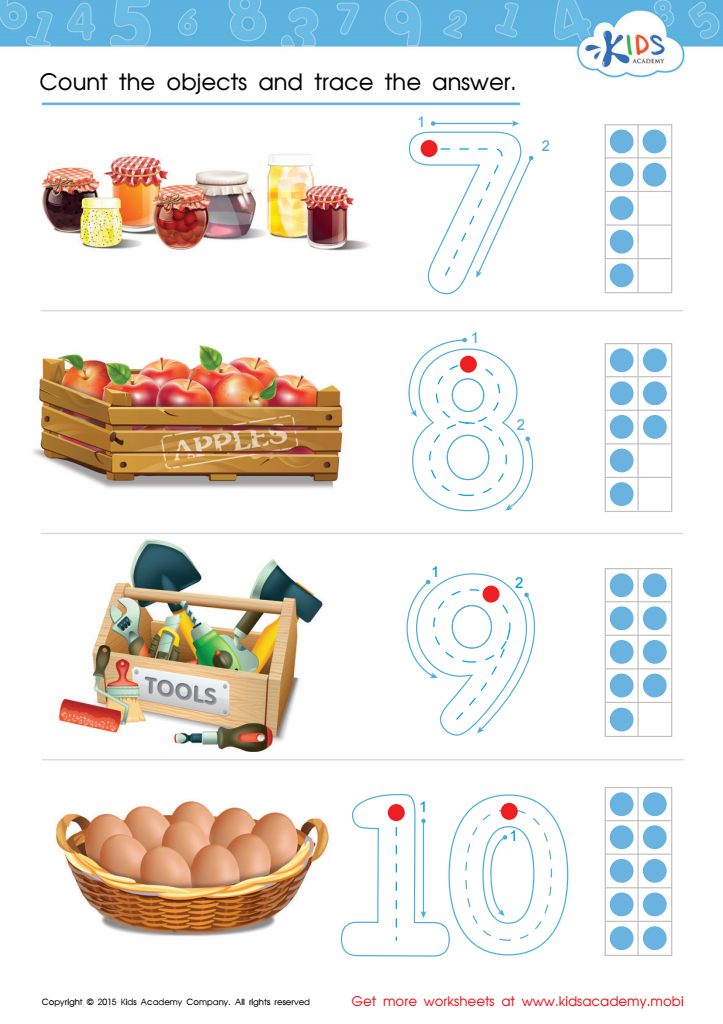

Count and Trace 7 – 10 Worksheet
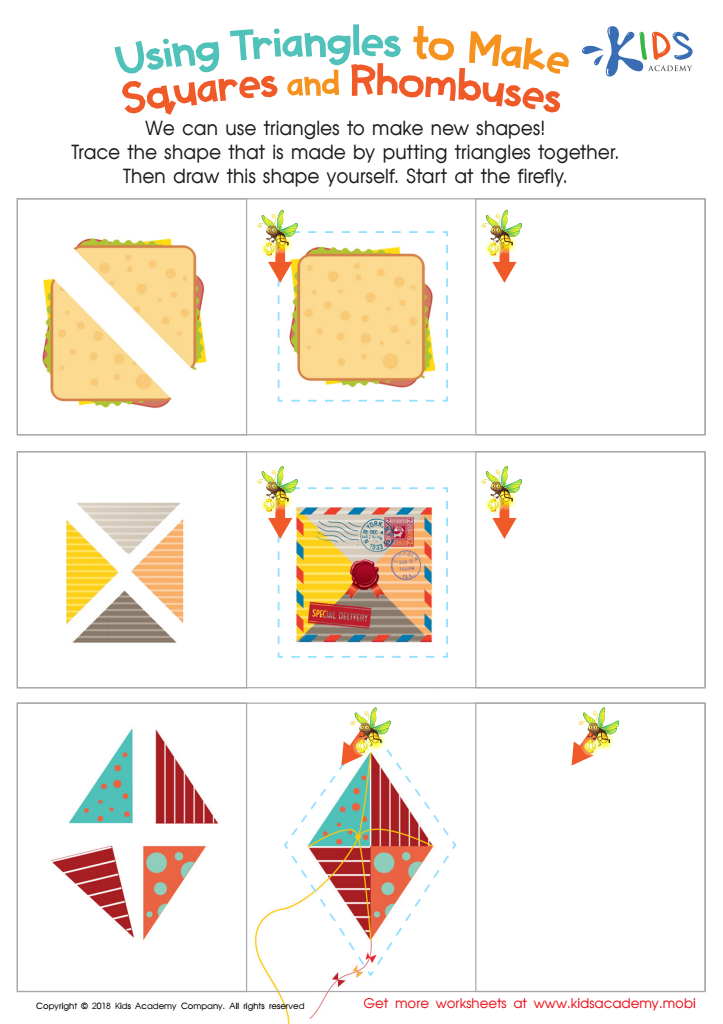

Using Triangles to Make Squares and Rhombuses Worksheet
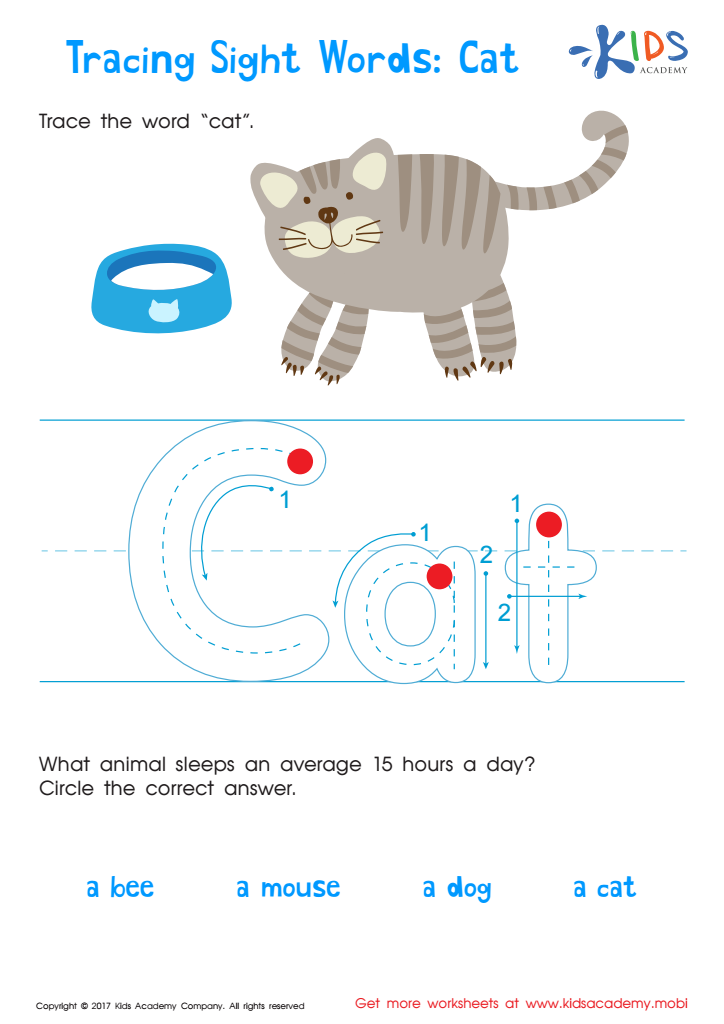

Cat Printable Sight Words Worksheet


Letter P Tracing Page
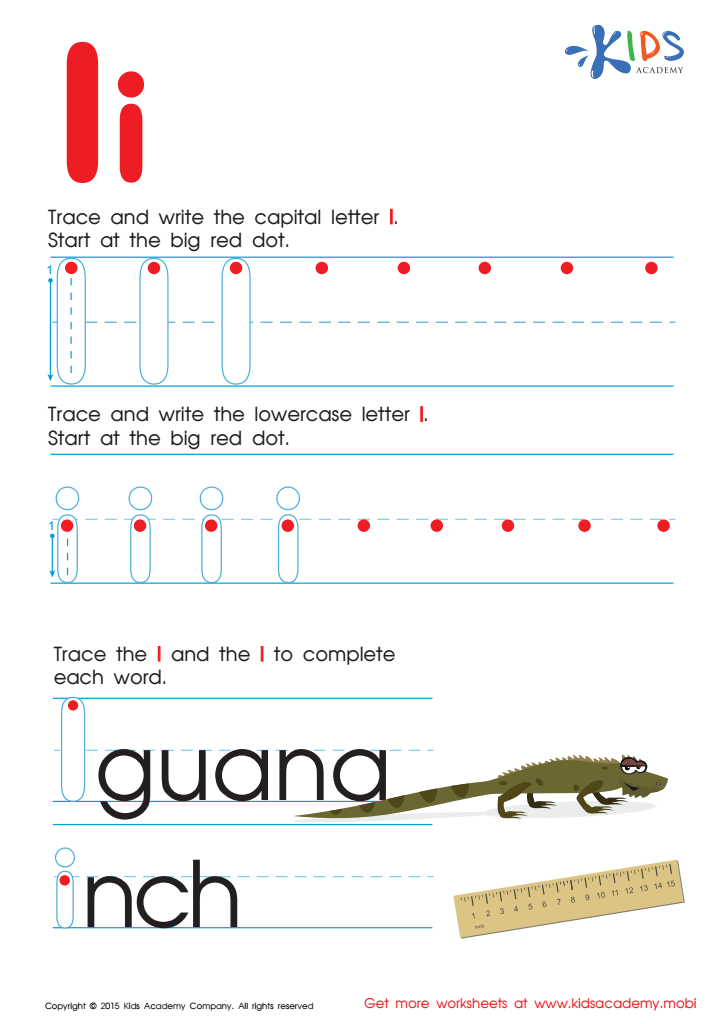

Letter I Tracing Page
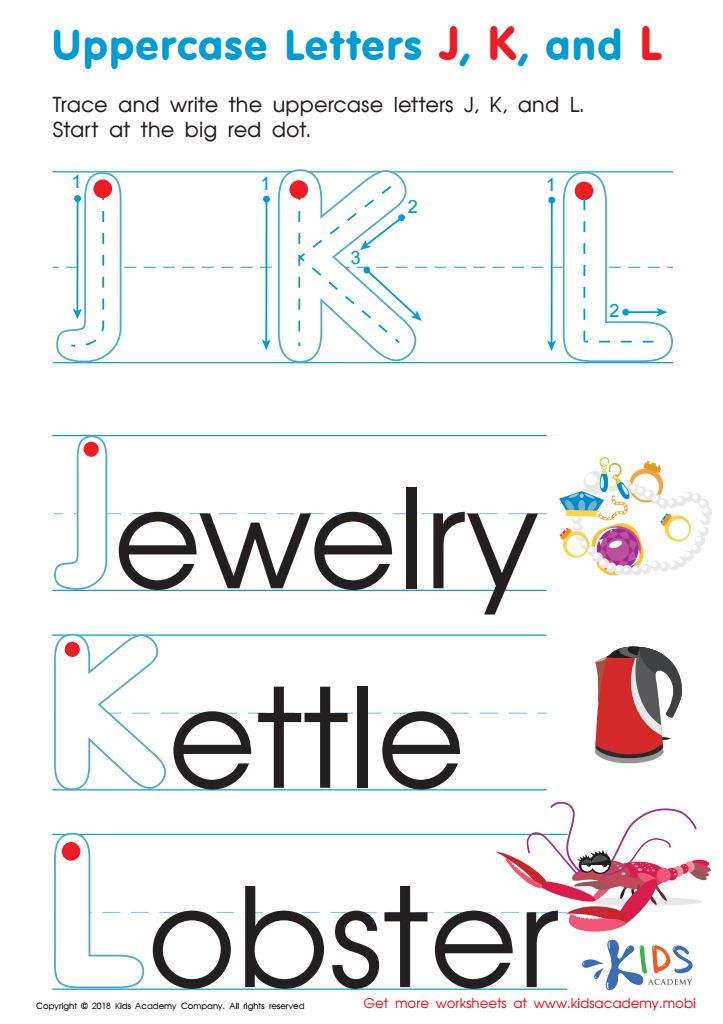

Uppercase Letters J, K, and L Worksheet
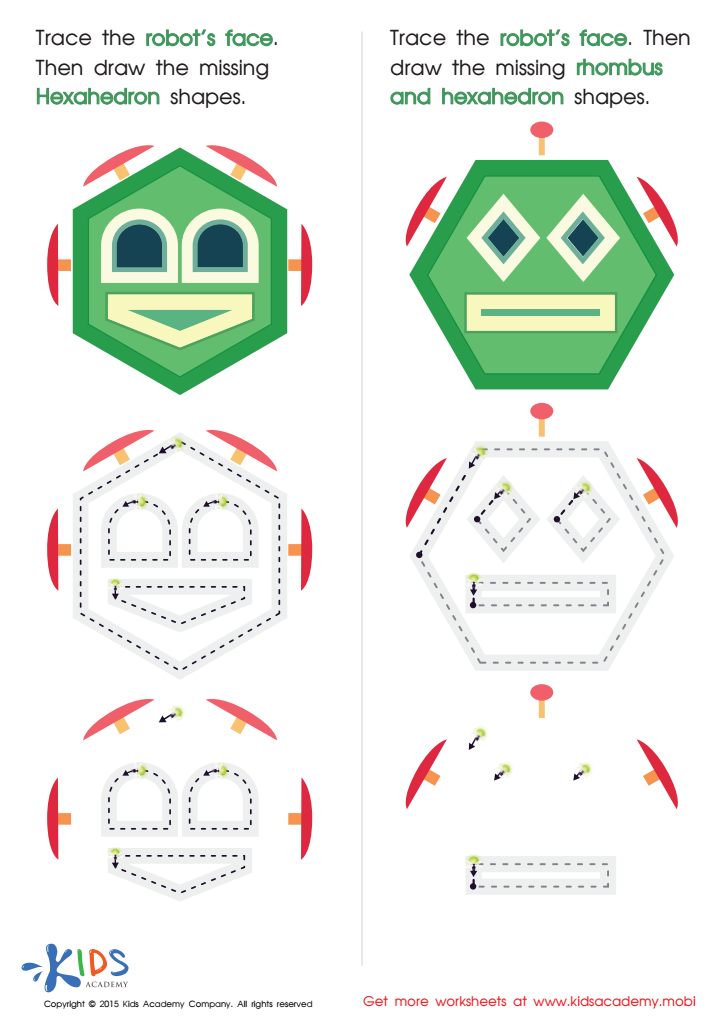

Practice Drawing Hexahedrons And a Rhombus Worksheet
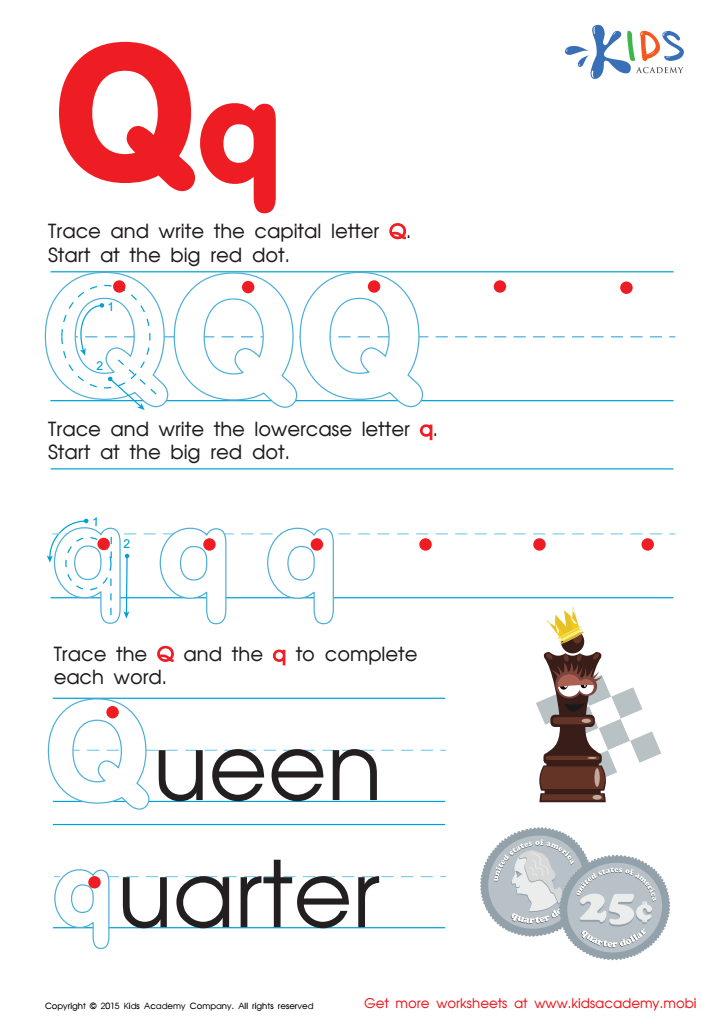

Letter Q Tracing Page
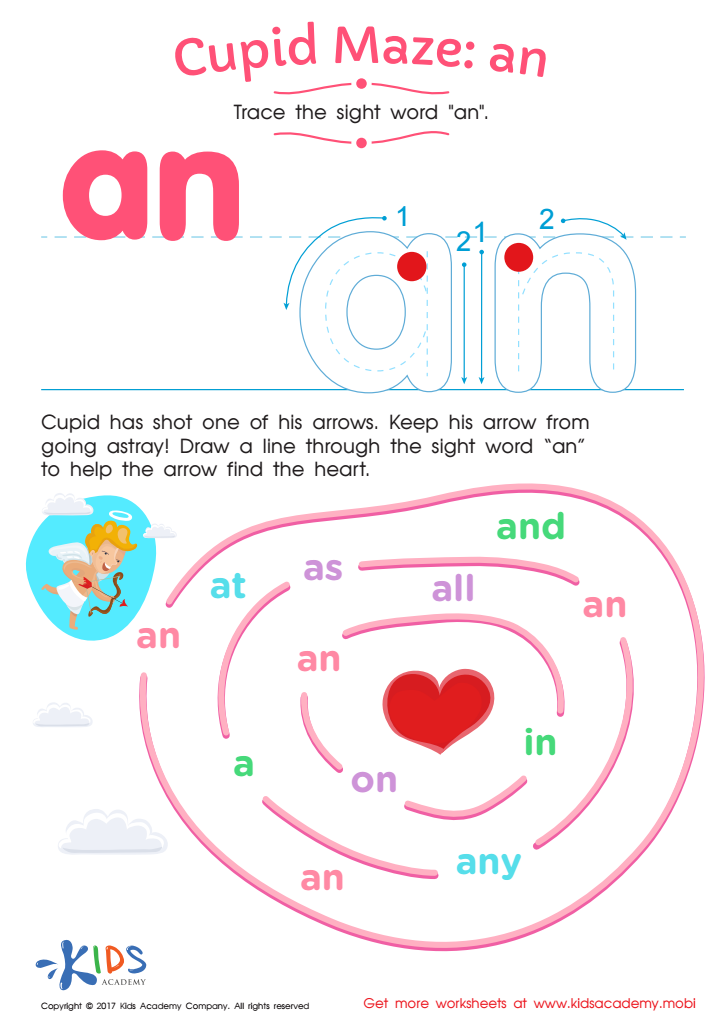

Cupid Maze: An Printable
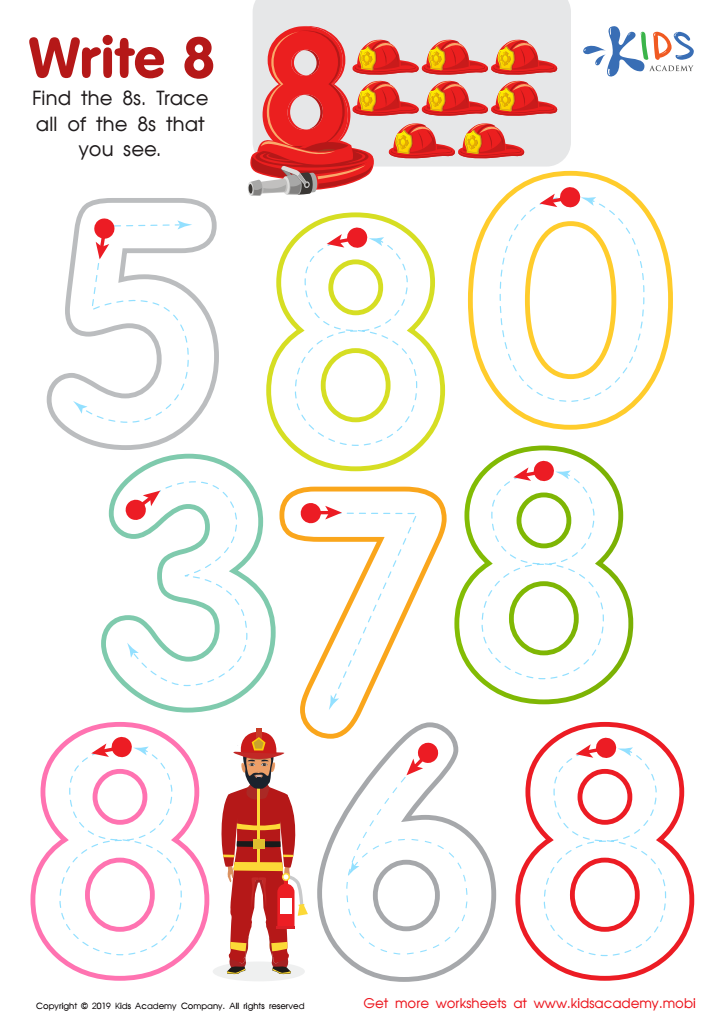

Write 8 Worksheet
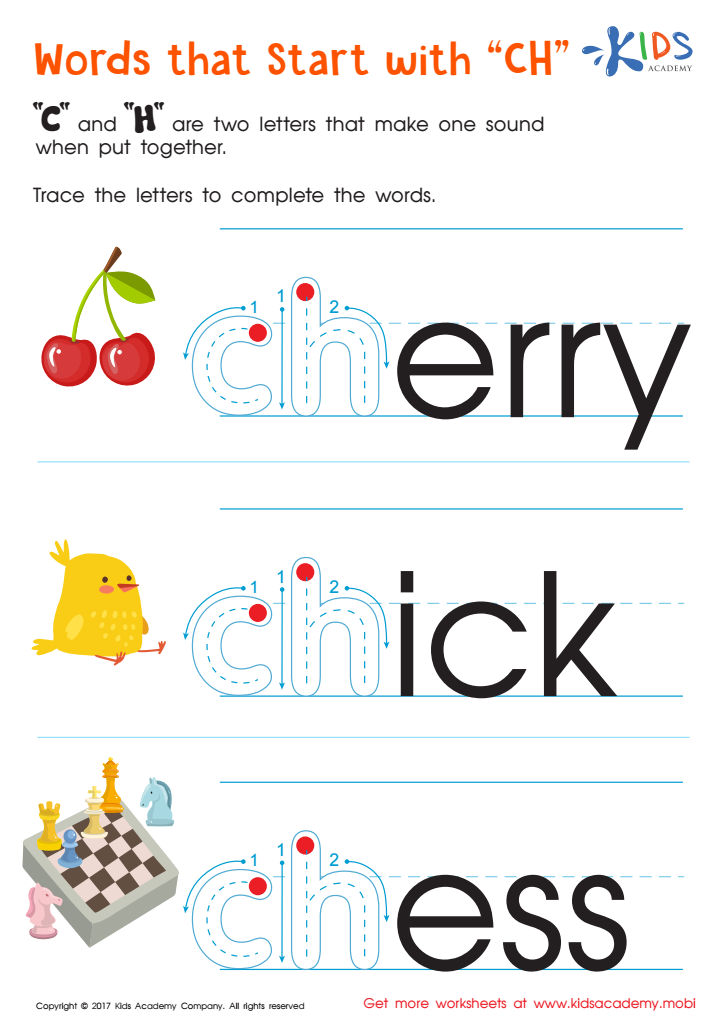

Words That Start with "ch" Spelling Worksheet


Drawing a Triangle Worksheet
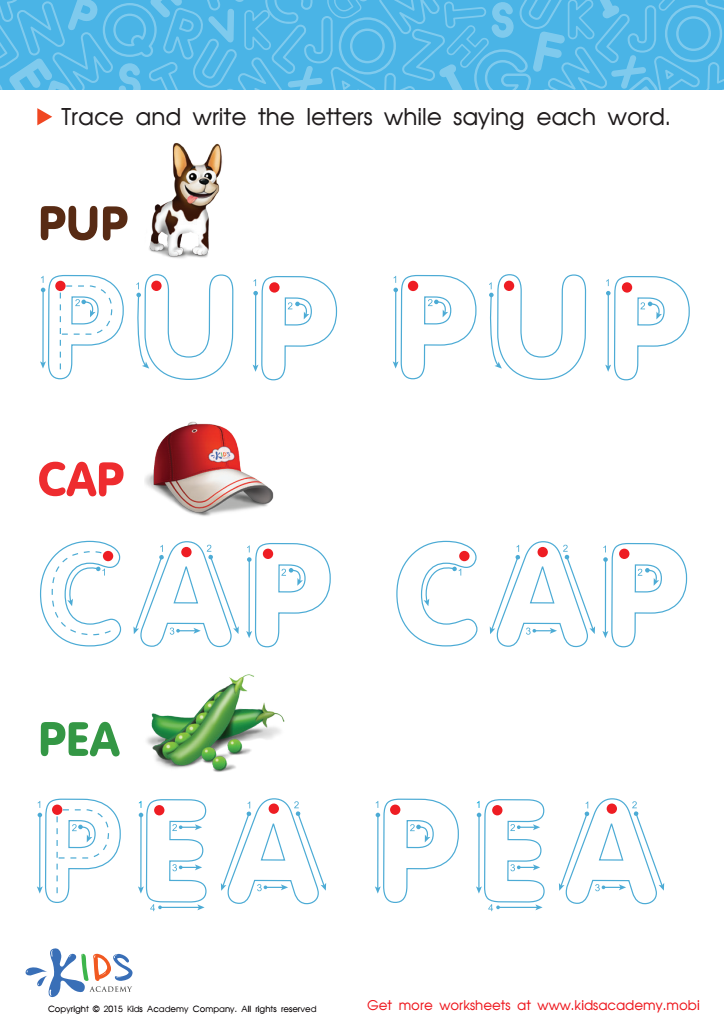

A Pup, a Cap and a Pea Spelling Worksheet
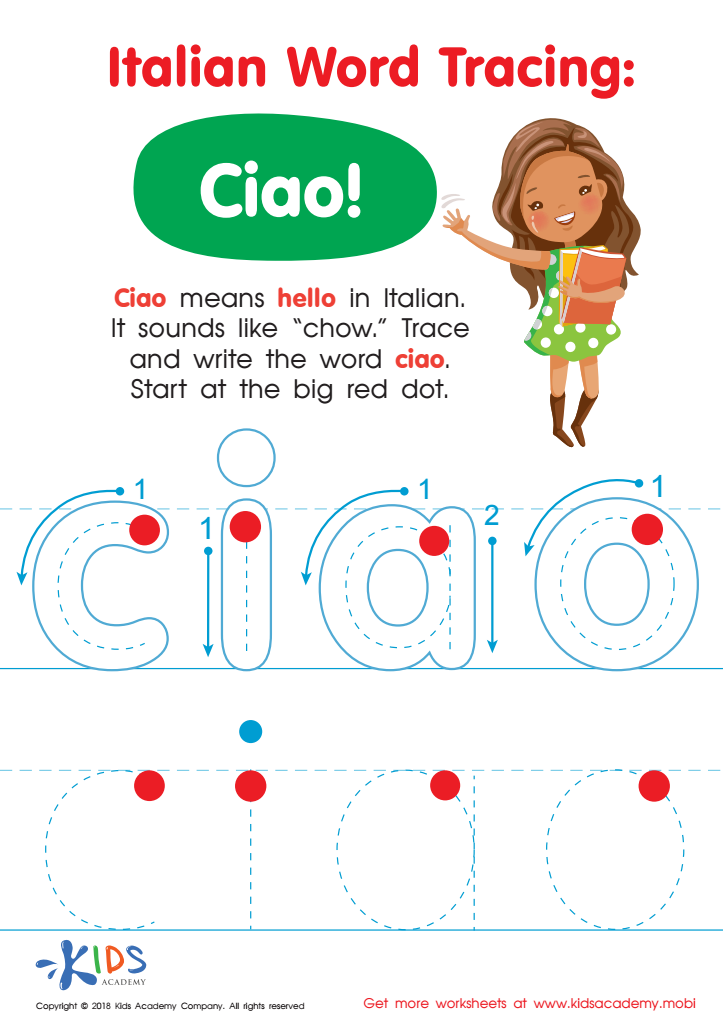

Italian Word Tracing: Ciao Worksheet
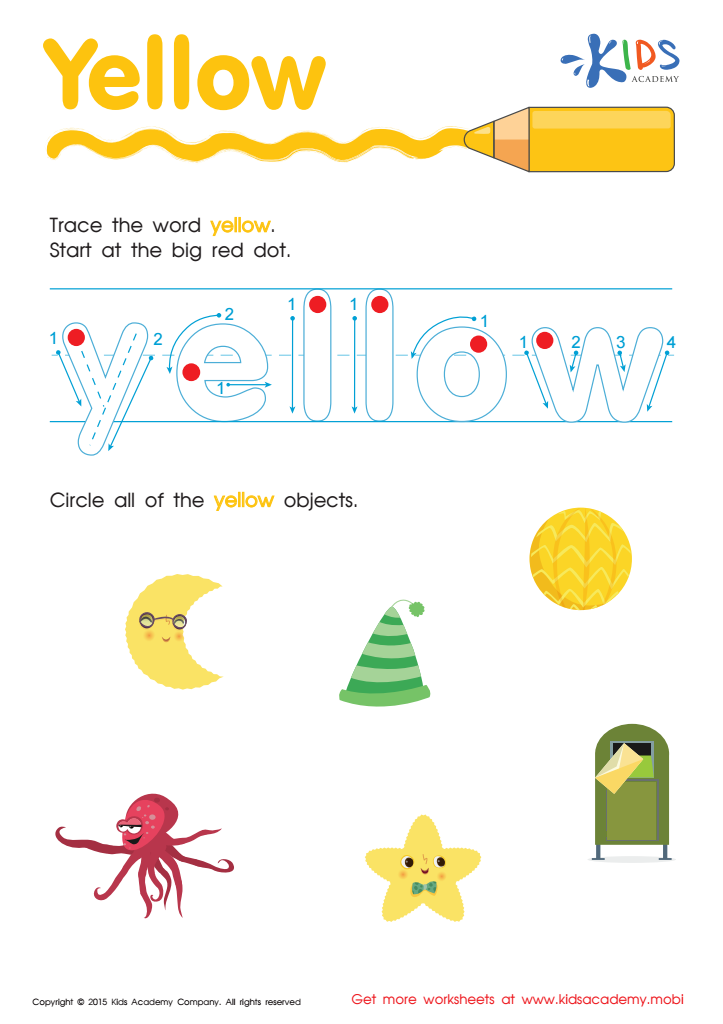

Yellow Tracing Color Words Worksheet
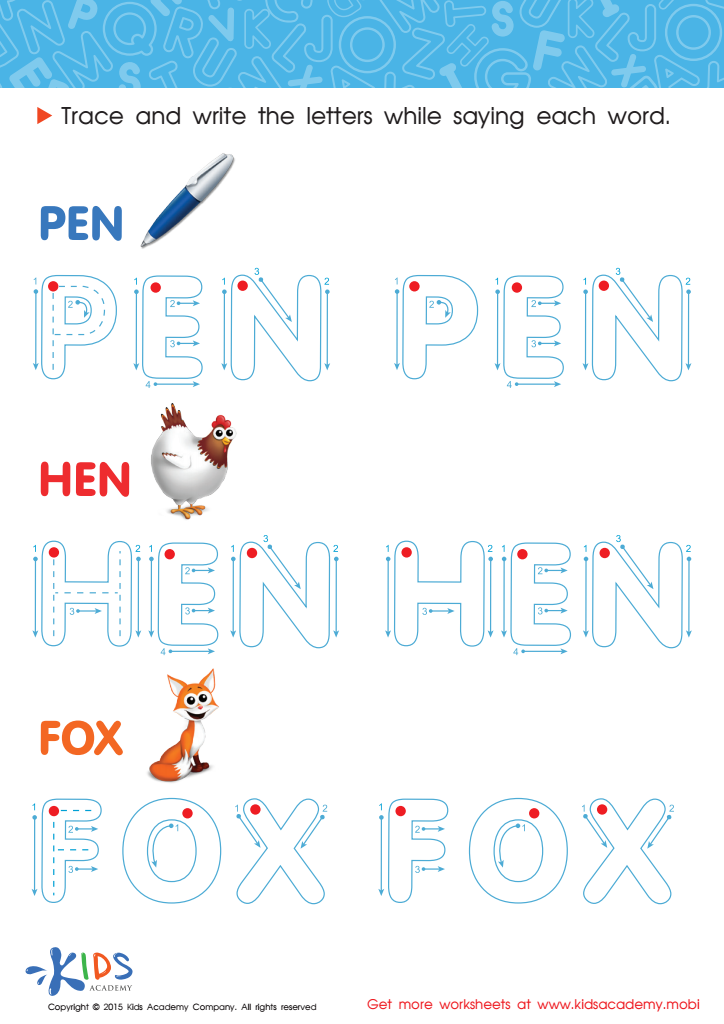

A Pen, a Hen and a Fox Spelling Worksheet
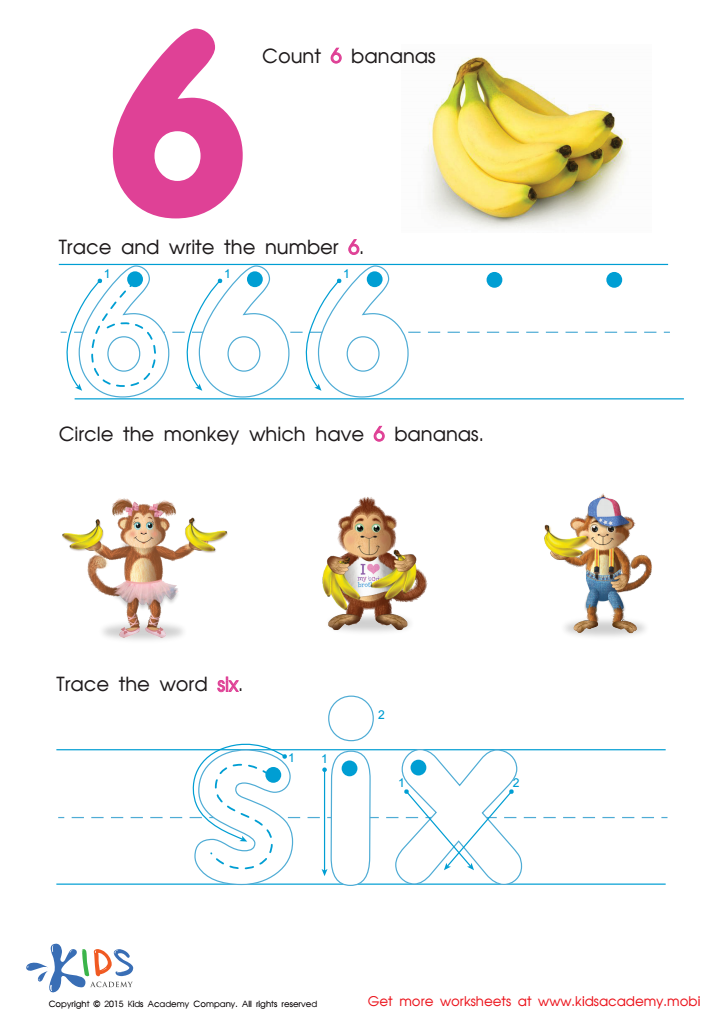

Tracing And Writing Number 6 Worksheet


Letter H Tracing Page
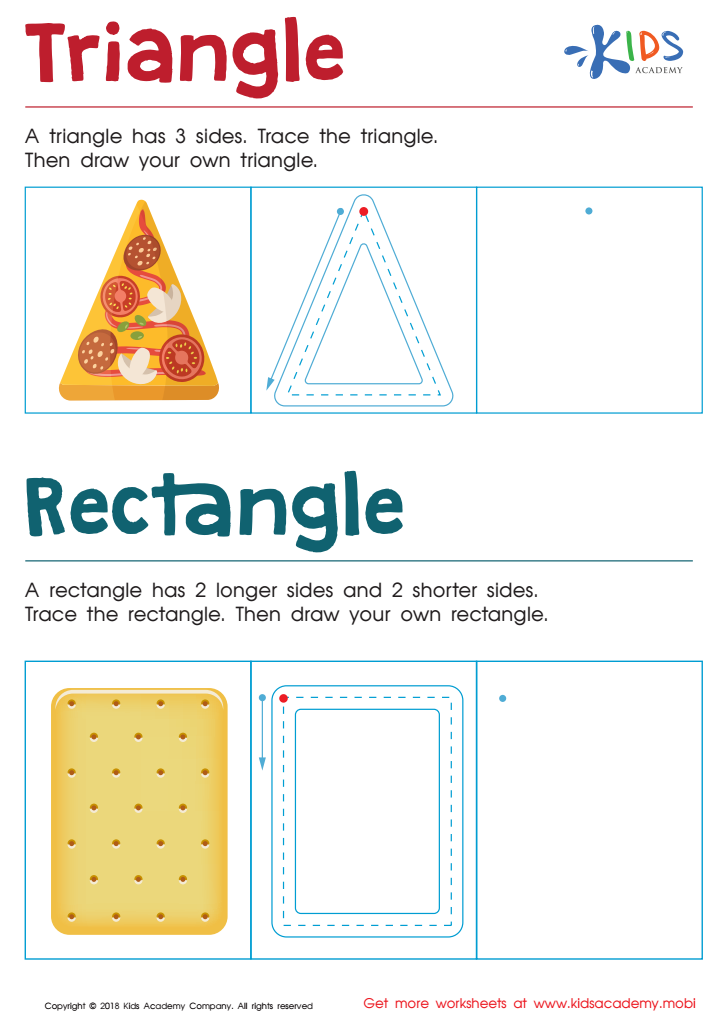

Triangle Rectangle Worksheet
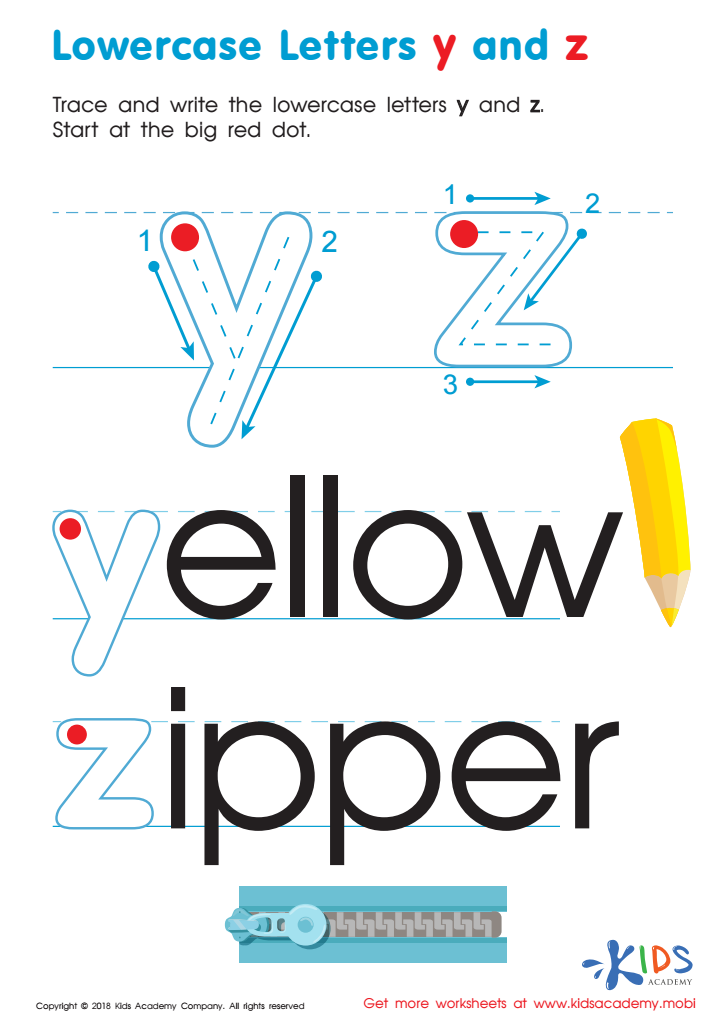

Lowercase Letters y z Worksheet
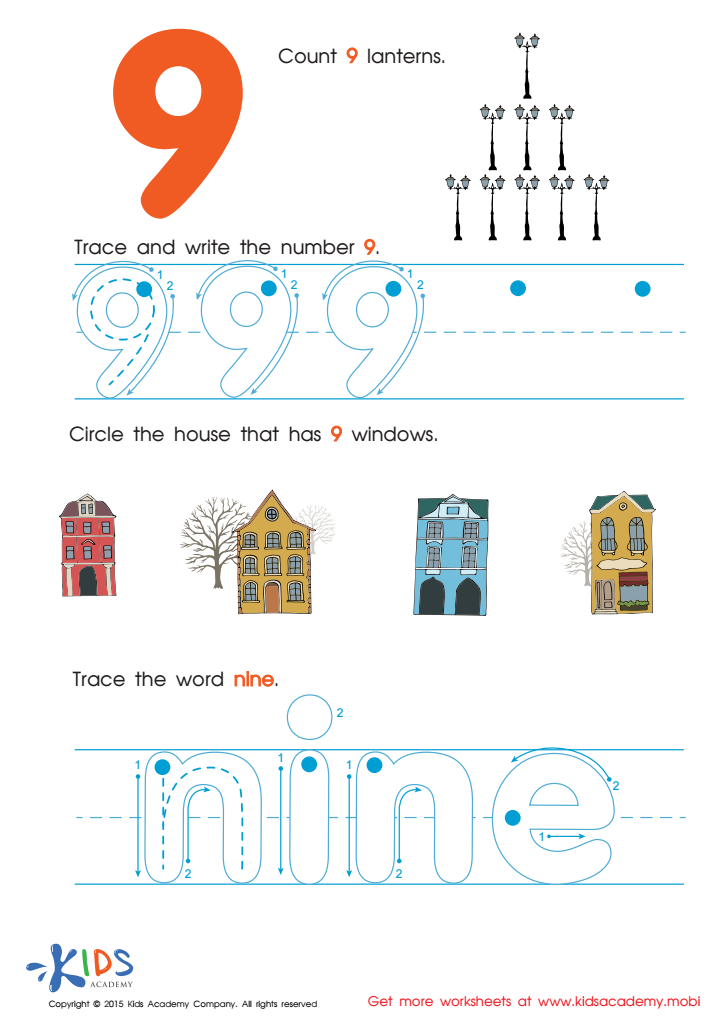

Tracing And Learning to Write Number 9 Worksheet
Normal Tracing activities are vital for children aged 4-7 because they support essential developmental skills in a fun and engaging manner. Firstly, these activities enhance fine motor skills, which are crucial for tasks like writing, drawing, and self-care. By tracing lines or shapes, children develop hand-eye coordination and dexterity, laying the foundation for more complex movements later on.
Moreover, Normal Tracing fosters cognitive development. As children trace letters, numbers, or shapes, they engage in early literacy and numeracy practices, helping to reinforce their understanding of these concepts. This foundational knowledge is critical for their success in school and beyond.
Additionally, tracing encourages focus and concentration, skills that are invaluable as children enter more structured learning environments. It also promotes creativity, allowing children to express themselves artistically while developing their coordination.
Finally, Normal Tracing activities provide an opportunity for positive parent-child or teacher-student interactions. Through guidance and encouragement, adults can help instill confidence in children's abilities, making learning a cooperative and rewarding experience. Overall, Normal Tracing establishes a comprehensive skill set that fosters academic readiness and supports emotional development, making it an important focus for parents and educators alike.
 Assign to My Students
Assign to My Students

